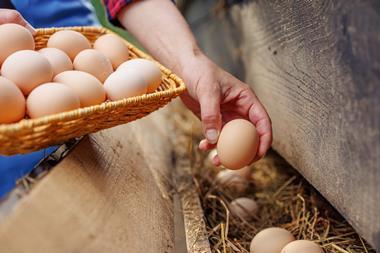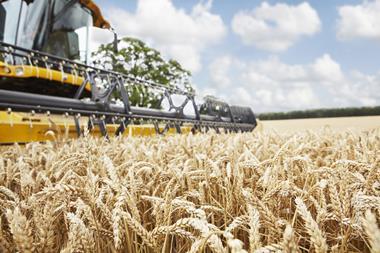The Minister for Science David Willetts has called for a relaxation on EU laws over GM food.
Speaking at the weekend, Willetts said: “We believe GM crops can help make agriculture more efficient and also, just as importantly, more sustainable by reducing the use of pesticides and the use of fossil fuels, for example.
“There are just too many 21st-century technologies that Europe is just being very slow to adopt... one productive way forwards is to have this discussion as part of a wider need for Europe to remain innovative rather than a museum of 20th-century technology.”
Willetts said EU rules were holding back ground-breaking work in fields as diverse as medicine, agriculture and space exploration, and ministers were worried that Europe could lag behind.
He added: “By the time you’ve added up the French overregulation of nanotechnology, the Brüstle judgment on stem cells (where the European Court of Justice blocked a scientist from protecting his research with a patent), the fact that there isn’t a regime that would permit the use of innovative space vehicles, you’re left with a great weight of regulation.”
Last year vandals attacked the Rothamsted Research Centre in Hertfordshire, where the UK’s first GM wheat trial is taking place.
And earlier this year, British Baker revealed how the planted area for winter wheat was down 25% on December 2011, according to the latest data from the ADHB/HGCA Planting Survey.
As of 1 December 2012, it was estimated that an area of 1.394m hectares (ha) had been used for the planting of winter wheat in England and Wales. However, the report stated that some freezing conditions through the winter and drier weather in late February may have allowed additional plantings.
There was a 19% drop in the total area planted for winter cereals (wheat, barley and oats) and oilseeds, compared to the comparable period in 2011, which has reflected an “extremely difficult” autumn planting season, according to the survey.
































No comments yet